Spacing After Periods
Originally, typewriters had monospaced fonts, so two spaces after ending punctuation marks such as the period were used to make the text more legible. However, most computer fonts present no difficulty with proportion or legibility, so use just one space after a period, colon, question mark, or exclamation point at the end of a sentence. You will not be struck by lightning, I promise!Quotation Marks and Punctuation
In Grandma’s day, a period used with quotation marks followed logic: Example: Myrtle said the word “darn”. The period went outside the quote because only the last word was in quotation marks, not the entire sentence. Example: Myrtle said, “I would never say that.” The period went inside the quotation mark because the entire sentence is a quote.
Today, in American English usage, the period always goes inside the quotation mark.
Example: Myrtle said the word “darn.”
This does not follow prior grammatical logic, but...things DO change!
Source: Grammarbook




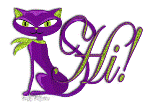



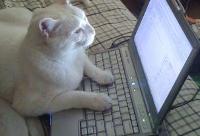









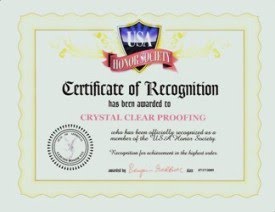









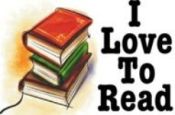
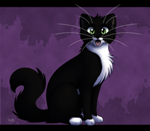
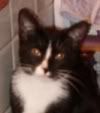
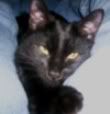














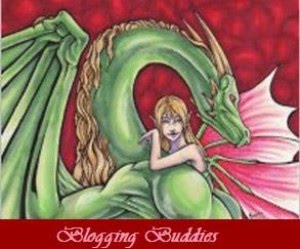











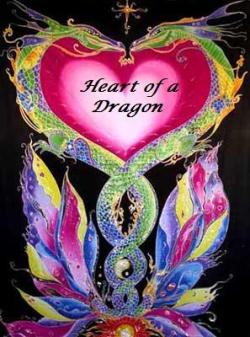


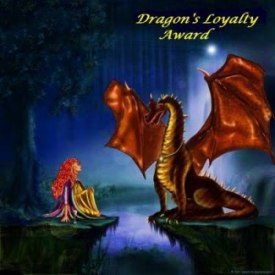





Thanks -- I'll pass the one space after a period convention to one of my crit partners who still uses two. It took me forever to break my fingers of that extra space, but now that I've done it, the second space looks 'wrong.' (with the period inside the quotes, which is another one that bugs me. I'll often 'cheat' and use italics to avoid it.
ReplyDeleteBut searching for two spaces and switching to one is easy. The other way around isn't, so I used to type the two, then fix after the fact for submission purposes.
Terry
Terry's Place
Romance with a Twist--of Mystery
You know as I edit I found that I tended to have punctuations both inside and out of the quotation marks! I chose to leave them all in!
ReplyDeleteHappy Wednesday too!! Take care
x
I'm still trying to train myself to only put one space after a period. As for the placement of quotation marks, Canadians are taught to put the period after; which is, I would guess, the English tradition.
ReplyDeleteI'm like Terry. Sometimes I cheat and use italics if it doesn't look right.
ReplyDeleteIt took me some time to switch over to the one space method too.
ReplyDeleteI need to let my husband read this, as he still does both things the old fashioned way!
ReplyDeleteThis is so helpful! One of my CPs corrected my ms saying I needed two spaces after a sentence. I checked the ms's of the others in the group and found that they all left two spaces. I was sure I'd read somewhere to only use one nowadays, but I couldn't find where. Thanks for proving to me I'm not crazy!
ReplyDeleteThanks everyone, for continuing to stop by every Wednesday! I truly appreciate it!
ReplyDeleteTerry: It sounds like you make up a lot of your own rules...
OK: Good for you! Punctuation belongs INSIDE quotation marks! Which leads me to...
Elspeth: You're absolutely right. In British English so many of the "rules" are different, this being one of them. In BE, punctuation goes outside the quotation marks.
Carol: Another "cheater?" I'm surprised at how so many writers/authors will change wording, terms, sentences, etc. because they're not sure about one rule or another.
Holly: It is difficult to "re-learn" something, but I commend your efforts. To learn is to grow, and you'll be ahead of the game if you learn the correct way things should be done grammatically!
Karen: It's always a pleasure to have you visit! Glad to hear that, even though it may have taken awhile, your mind (and fingers!) have learned the correct way space after periods.
Diane: Oh, good! This is one you can "get him" on, since we can't stump him with weird words! LOL.
Susan: LOL - you are not crazy! The others in your group will be running into difficulties when they're work is edited; that is *if* they have someone else edit for them!